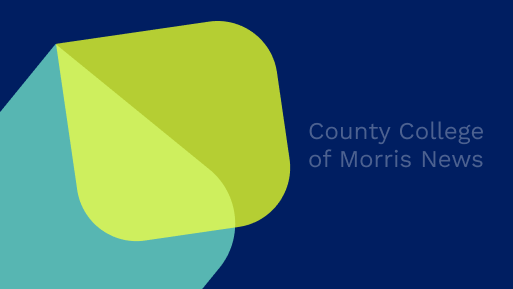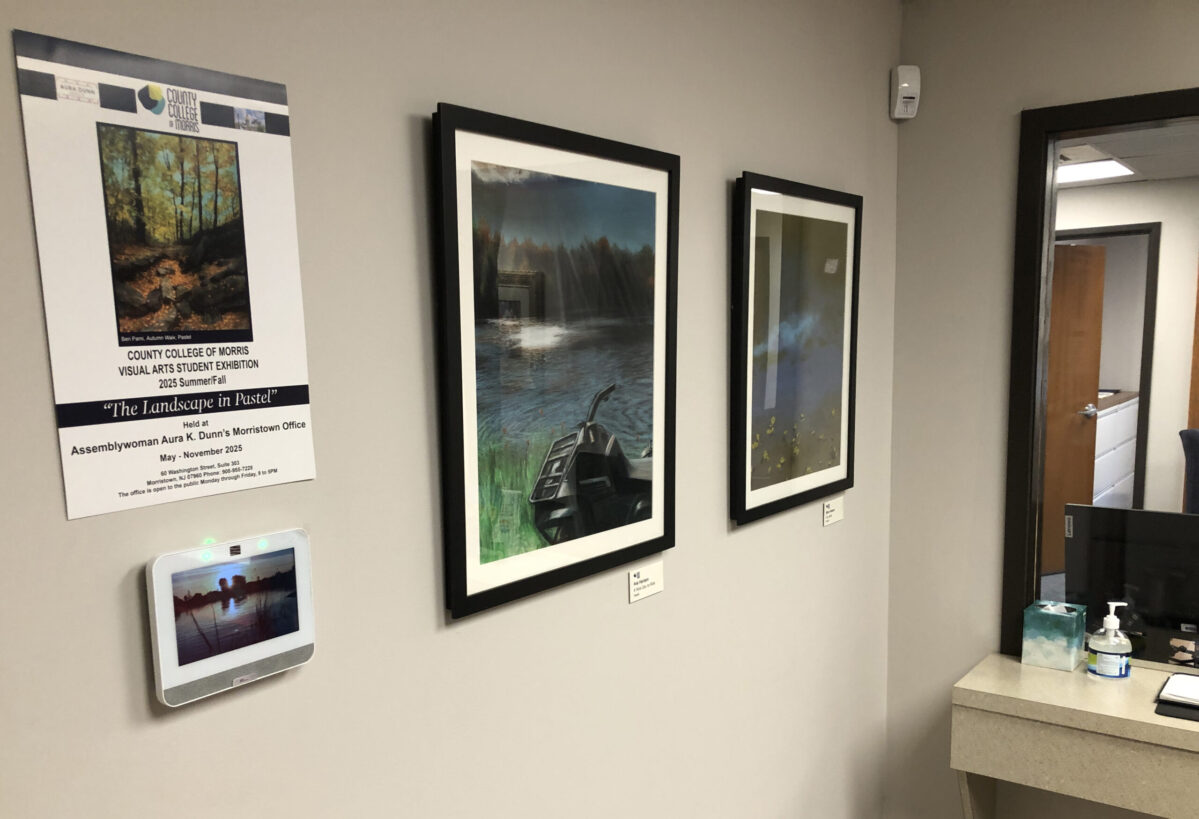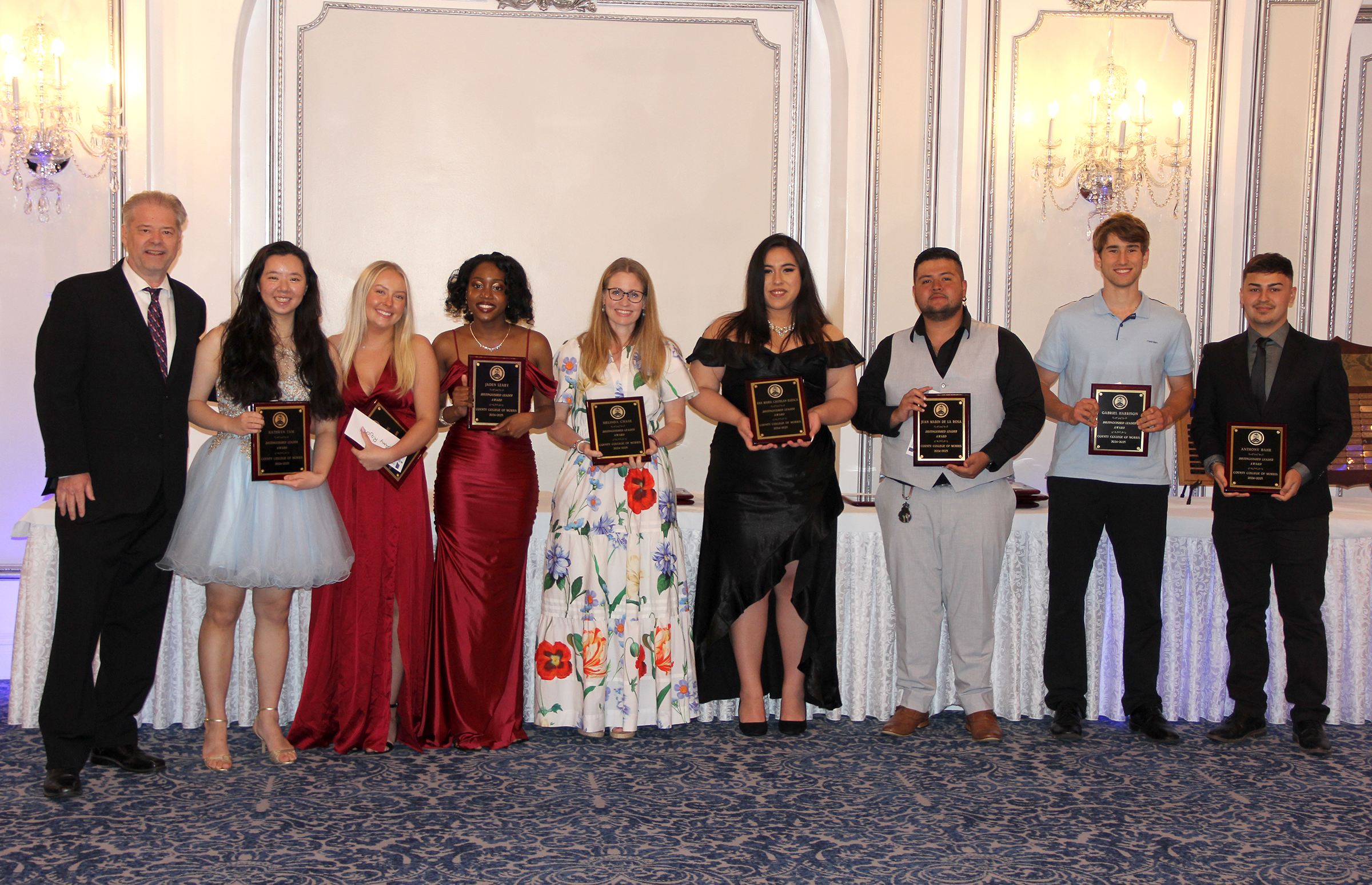What You Will Learn
Studying early childhood development and understanding how these changes one experiences fit into a complex family dynamic in our constantly evolving society offers a host of fulfilling career pathways.
The interdisciplinary nature of this associate degree program within the Department of Psychology and Education at CCM ensures that you develop theoretical and practical knowledge to ultimately be well-prepared to enter the workforce upon graduation. Areas include:
- the arts and humanities
- child development
- family studies
- mathematics
- multicultural/global perspectives
- psychology
- social sciences
- technology
You may also consider transferring to a four-year institution earn a bachelor’s degree in a program such as childhood studies, counseling, education, human development or social work.
Curriculum
The Child and Family Studies program at CCM includes a 27-credit core with courses in Child Psychology, Developmental Psychology, Early Childhood Development, Effective Preschool Practices and Curriculum, Teaching and Learning in Early Childhood Education.
Additional core classes include The Family, Intro to Social Welfare and Human Services and Special Topics in Psychology. You may also elect to take either Music in Early Childhood or Children’s Literature, particularly if your future pathway is in education.
Careers in the Field
An associate degree in child and family studies is a great starting point for career opportunities such as:
- Behavior Analyst
- Case Manager
- Child Advocate
- Child Life Specialist
- Childcare Teacher
- Early Intervention Service Coordinator
- Guidance Counselor
- Head Start Family Worker
- Paraprofessional/Aid
- Parent Educator
- Pediatric Medical/Allied Health Specialist
- Public/Private School Teacher
- Social Worker
- Substitute Teacher
- Therapeutic Support Staff
The program has excellent transfer agreements with many four-year colleges. Students frequently transfer to these New Jersey colleges and universities:
- Centenary University
- Drew University
- Montclair State University
- Kean University
- Ramapo College
- Rider University
- Rutgers University
- William Paterson University
Why Study Child and Family Studies at CCM?
- Outstanding instruction and experiential learning to prepare you for advanced study and child-related careers in a diverse and changing world.
- Curriculum aligns with state and national standards and blends academic and professional preparation in a wide variety of courses from the areas of early childhood education, human services, psychology and sociology.
- Courses are interactive with small class size, offering face-to-face, day, evening, hybrid and online options.
- Faculty are affiliated with the National Association for the Education of Young Children (NAEYC), New Jersey Association for Early Childhood Teacher Educators and the National Association for Teacher Educators at an Associate Level (ACCESS).
Paying for Your Child and Family Studies Education
Earning an associate degree in child and family studies is a powerful investment that will pay off over the course of your life, in both increased earnings and job satisfaction. But what is the upfront cost, and how do you afford it?
There’s good news: Money is available to help you pay for school! Our Financial Aid staff can provide lots of information about the process of finding funds to help pay for your education.
Featured Courses
Early Childhood Development
This course studies the growth and development of the child from birth through age eight. It will cover a variety of factors that influence child development such as diversity, culture, health, economic and family environment. Also, it provides an overview of the major theorists in the field of human development. There will be discussion regarding these theorists’ contributions to understanding how children grow and learn.
Developmental Psychology – the Human Lifespan
The course considers the developing person from conception through death in terms of biosocial, cognitive and psychological development and discusses how these three domains interact. Additionally, it considers how contextual issues such as age, gender, culture, socioeconomic status and ethnicity broaden our understanding of human development. Students will have the opportunity to observe and report on a variety of teaching and learning venues.
The Family
Analysis of marriage and family in various cultures with in-depth study of the contemporary United States including historical development and future trends. Topics covered are romantic love, courtship, marital interaction, divorce, gender roles and the feminist movement. Special attention is given to the post-modern family and cross-cultural comparisons are made.




